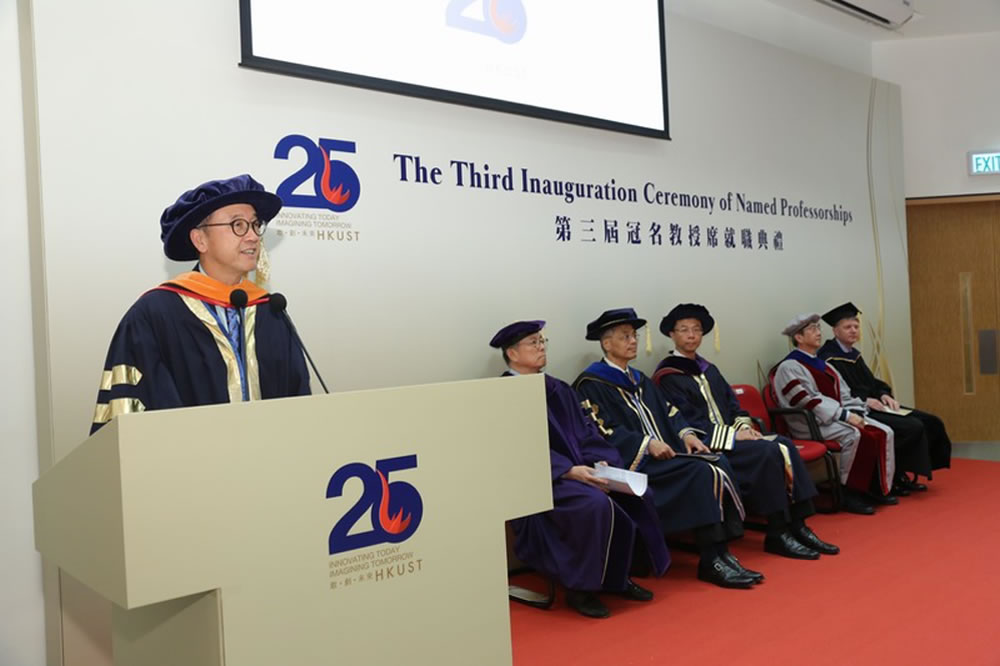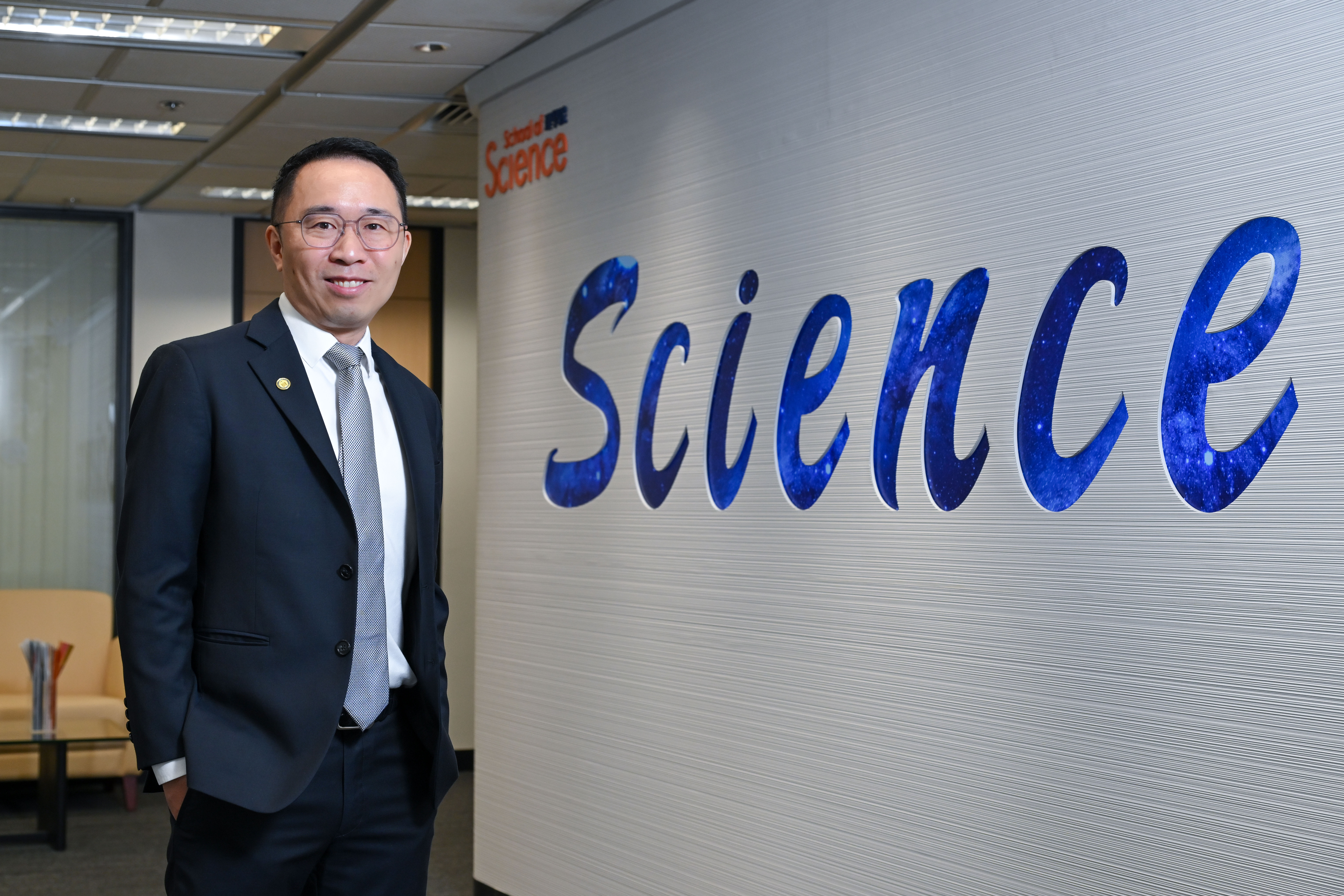Director of Biotechnology Research Institute
Associate Director of Biosciences Central Research Facility
As global populations age, the quest for healthier, active lives has become a universal aspiration. At the forefront stands Professor Tom Cheung, a pioneering scientist whose work aims to decipher the biological mechanisms of aging and lays the foundation for future therapeutic development to target age-related diseases.
Prof. Cheung received his PhD in Biochemistry from the University of Colorado at Boulder in 2006. He completed his postdoctoral training at Stanford University School of Medicine. Since joining HKUST in 2013, he has relentlessly pursued innovative research, focusing on deepening the understanding of adult stem cell functions in tissue repair, disease, and aging.
Using flow cytometry and in situ cellular preservation, Professor Cheung's team has pioneered a technique that preserves the quiescence and activation signatures of muscle stem cells (MuSCs). This enabled the Cheung Laboratory to identify specific mechanisms that regulate MuSC quiescence and activation, some of which apply to other adult stem cell types. Moreover, he developed a low-input mass spectrometry method to probe the proteomes of MuSCs during quiescence and activation. The technology development in the area of low-input mass spectrometry is currently extended to detect low-abundant proteins in the blood, enabling the feasibility of a better understanding of tissue fitness from a minimally invasive blood test.
One breakthrough discovery from his laboratory is identifying the role of CPEB4, an mRNA-binding protein, in maintaining mitochondrial functions in MuSCs. Building on this breakthrough, Prof. Cheung’s team is exploring whether boosting CPEB4 expression can mitigate mitochondrial dysfunction, offering potential therapeutic strategies for rare mitochondrial disorders like Leigh Syndrome—a fatal neurological disease with limited treatment options—and other age-related pathologies.
Prof. Cheung’s other research interests are studying the role of genetic diversity in determining health span, as seen in the human population with its rich genetic diversity and varying health span. Here, through analysing the cellular responses of MuSCs derived from genetically diverse mice, the team aims to identify specific genetic variants that enhance cellular resilience to stressors, pinpointing key genetic factors that improve stress resistance, a crucial step toward extending health span.
Recently, Prof. Cheung and his team developed an AI-driven algorithm combined with a semi-automated workflow to screen drug compounds rapidly and robustly for the treatment of age-related diseases such as idiopathic pulmonary fibrosis (IPF). They have identified compounds with mechanisms similar to known therapies against IPF, paving the way for future clinical trials.
Prof. Cheung’s transformative research has been published in high-impact journals, including Nature, Cell Stem Cell, Molecular Cell, Nature Communications, and Developmental Cell, etc. He is also a recipient of the Croucher Innovation Award in 2015 for the study of “Molecular regulation of stem cell ageing”, the Healthy Longevity Catalyst Award (Hong Kong) 2023, founded by the U.S. National Academy of Medicine (NAM), for studying “A multi-modal approach to decipher cellular resilience for improving healthspan.”, and a recipient of the RGC Research Fellowships Award in 2024.
HKUST is proud to appoint Professor Tom Cheung as the holder of the S H Ho Professorship in Life Science, honoring his exceptional contributions to aging research and his dedication to improving global health. By decoding the molecular and genetic pathways that drive cellular aging, his work provides a scientific foundation for future interventions that enable healthy aging for a better quality of life as we age.















